Thomas Malthus
1/9
There's no tags or description
Looks like no tags are added yet.
Name | Mastery | Learn | Test | Matching | Spaced |
|---|
No study sessions yet.
10 Terms
Classical Economists
1776-1900
Thomas Malthus, Adam Smith, David Ricardo, and Karl Marx
Try to answer 2 questions, the first being “What is happening?”
Thomas Malthus
1766-1834
He was English, rich, religious, and conservative
What does Malthus see?
“Principles of Population” (1798)
Population tends to grow exponentially and agricultural output grows linearly. Therefore in scenario A we will have a surplus of food, which will lead to people having more children, and eventually population will continue to grow therefore reducing the surplus. In scenario B, there will be a shortage of food meaning people will starve, reducing the population. At one point food and population will be equal, this point being known as Malthusian Equilibrium. Malthus predicted that there would be a cycle of the population rising and falling around the equilibrium that is the threshold where population is exactly equal to the food supply. This is sometimes referred to as the Gloomy Equilibrium.
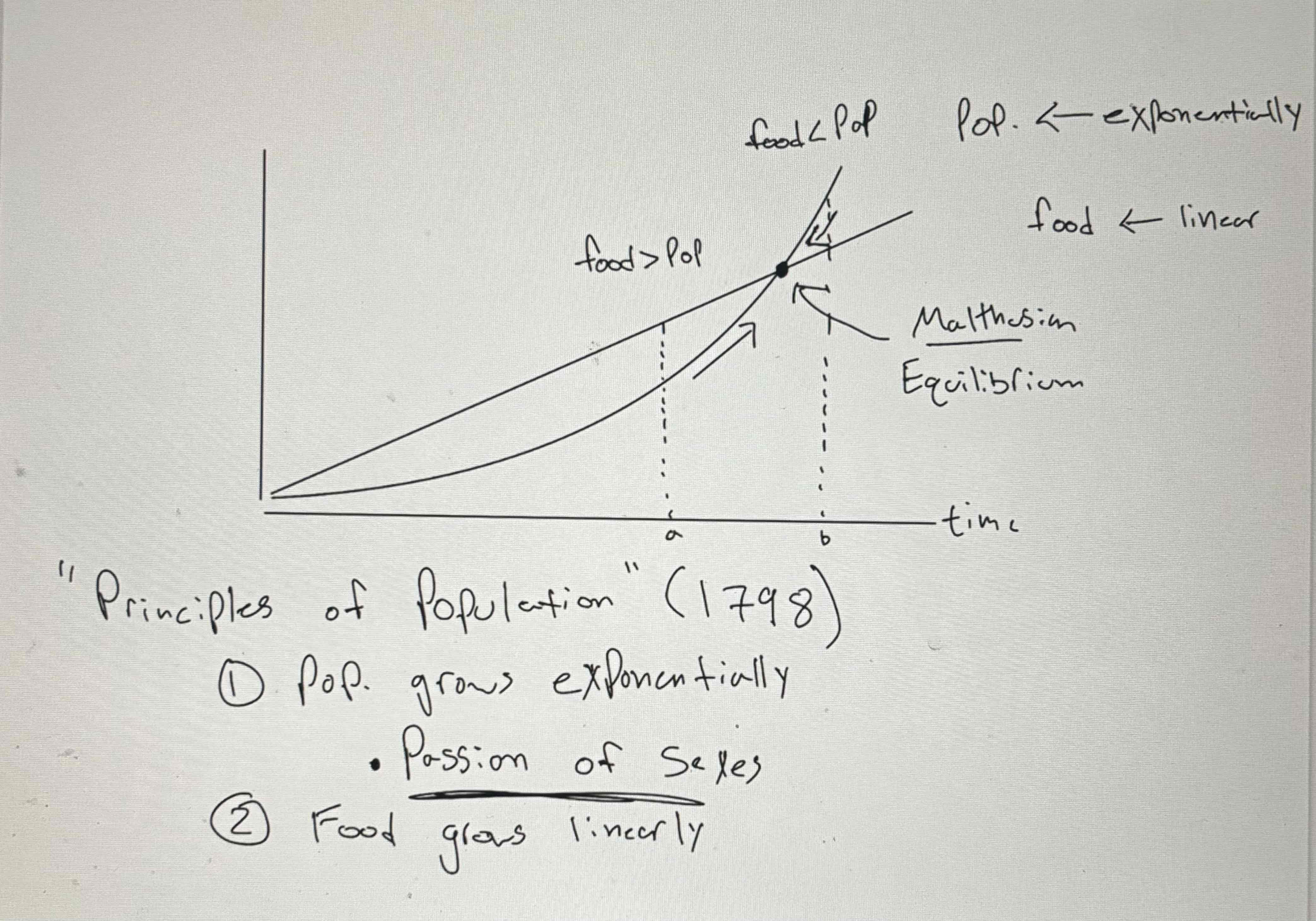
Population has the tendency to grow exponentially
This is due to passion of sexes
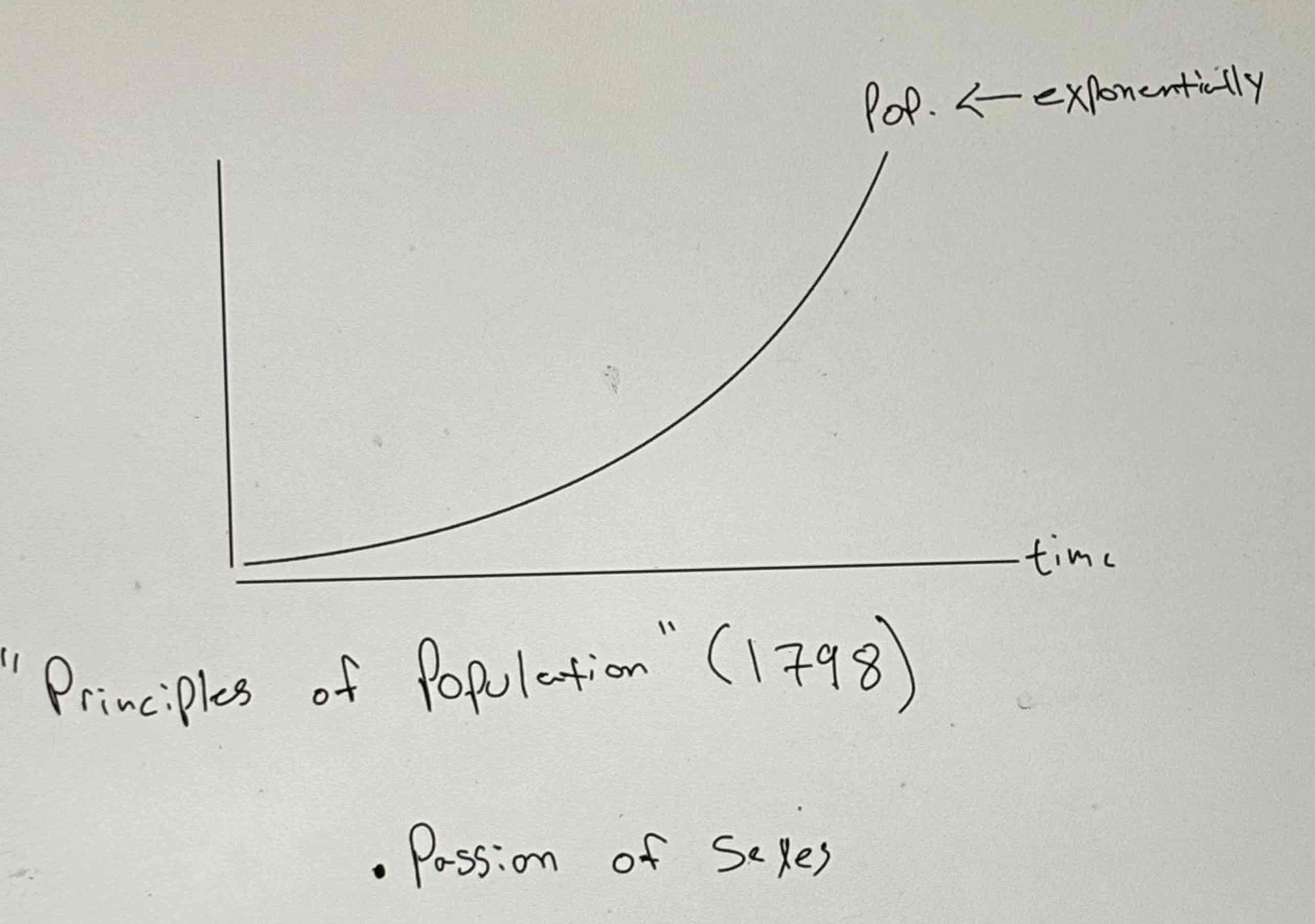
Agricultural output grows linearly
If you cultivate two acres as opposed to one, you will get twice as much as food rather than quadruple
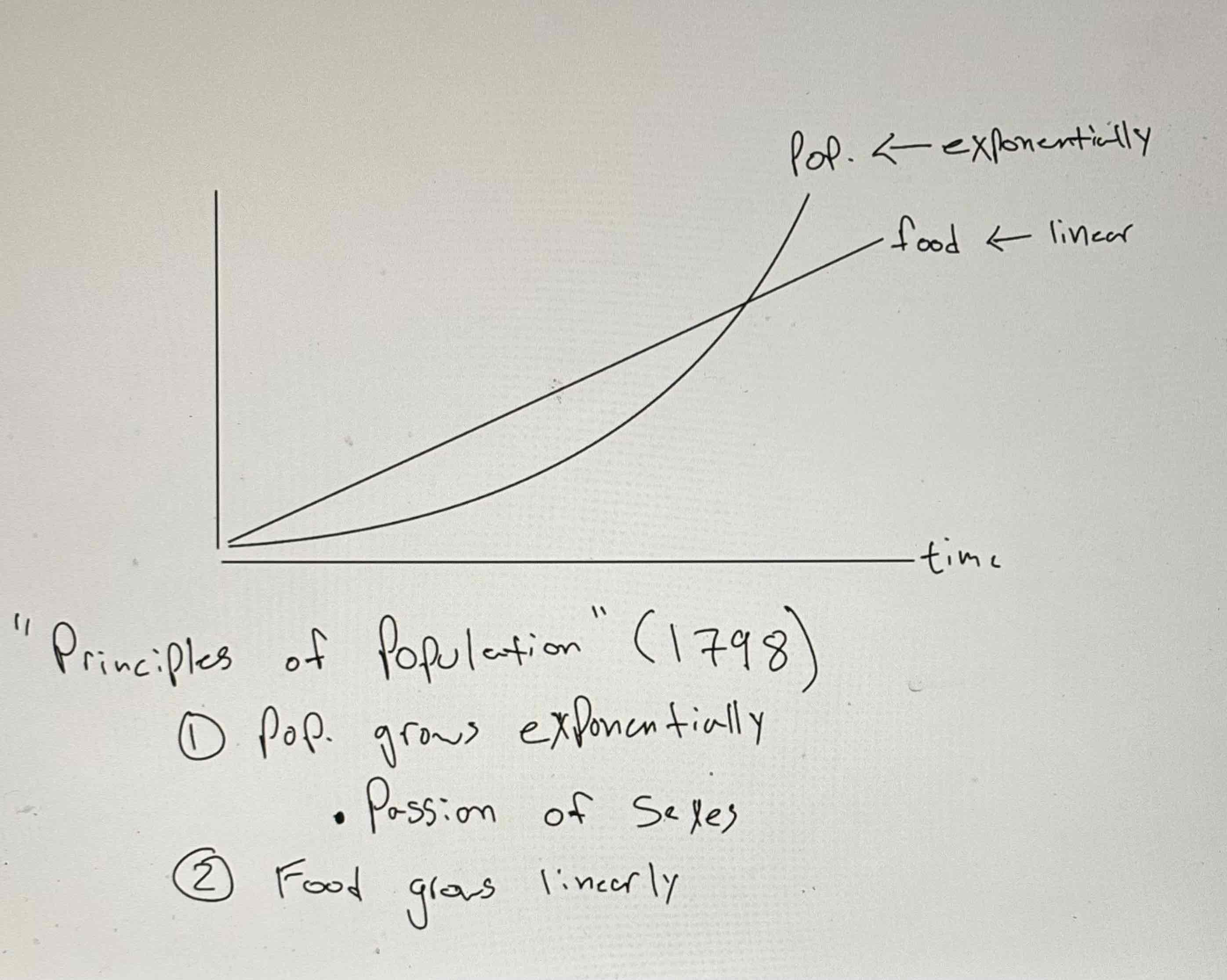
Malthusian Equilibrium
When food = population
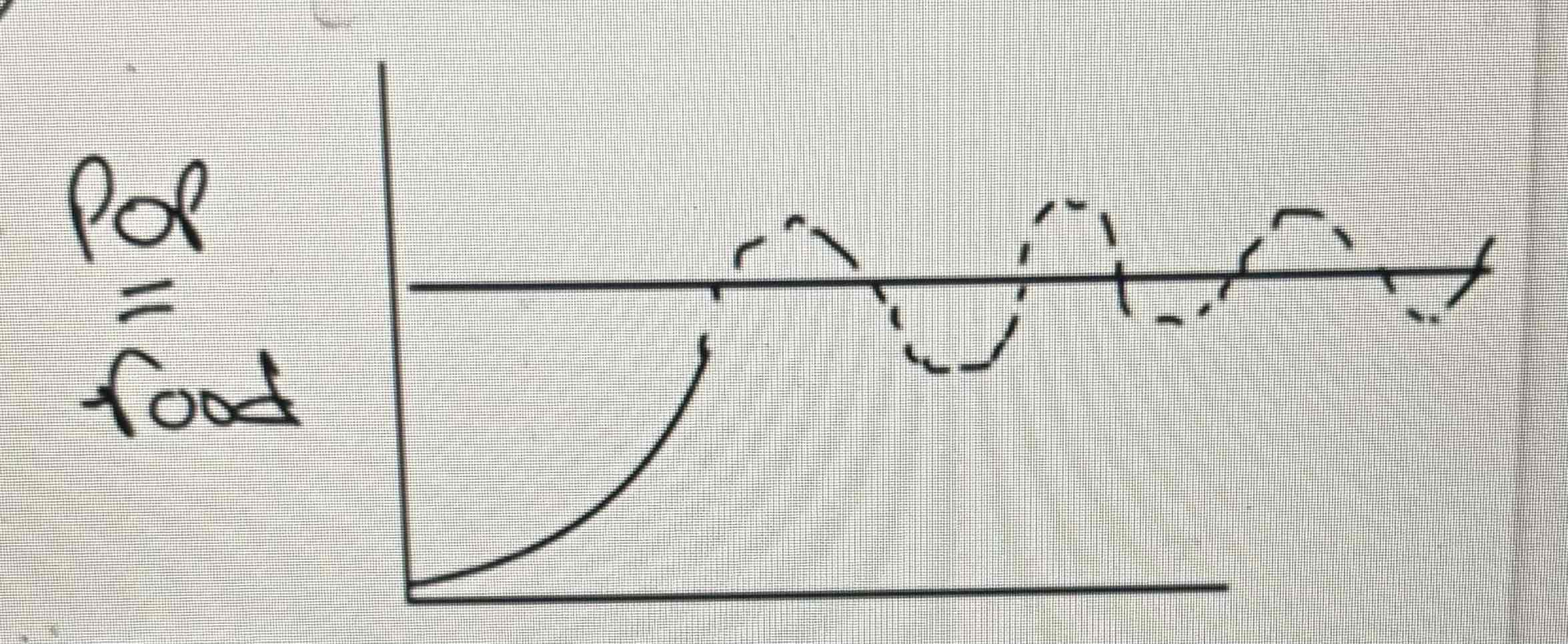
“To prevent the recurrence of misery is, alas, beyond the power of man.” - Thomas Malthus
Malthus saw the efforts to alleviate poverty (supportive efforts ex: poor laws) as not only being counterproductive but also immoral as they cause people to born who would then have to die in order to return to this equilibrium.
What to think?
Global population, Share of population in absolute poverty,
Global population
Malthus’s prediction that population has the tendency to grow exponentially appears to be correct, but his belief that population could not continue indefinitely growing exponentially due to it being limited by the amount of food produced (food grows linearly) was incorrect. Agricultural output has grown exponentially due to the Industrial Revolution, the Agricultural Revolution, modern farming equipment, and modern farming techniques. The world today produces almost 50% more food than the population itself needs in order to survive. While food shortages do exist today, they’re a problem of distribution as opposed to our ability to produce said food. Not only have we been able to feed a growing population, we have also been able to increase the standard of living of the population at the same time.
His assumption that population tends to grow exponentially also seems to be wrong. Whole population did have the tendency to grow exponentially during the Industrial Revolution, in the 1950s in developed economies such as Japan, Western Europe, and the United States population ceased to grow exponentially, these populations began to slow in their growth. Japan exhibits a decline in population and this is not because Japan is suffering from a lack of food, it’s because people are choosing to have fewer children. The world population is projected to stop growing by the end of the 21st century, not due to a shortage of food but rather because people are changing the way they approach decision involving fertility. His theory was correct however prior to the mid 20th century.
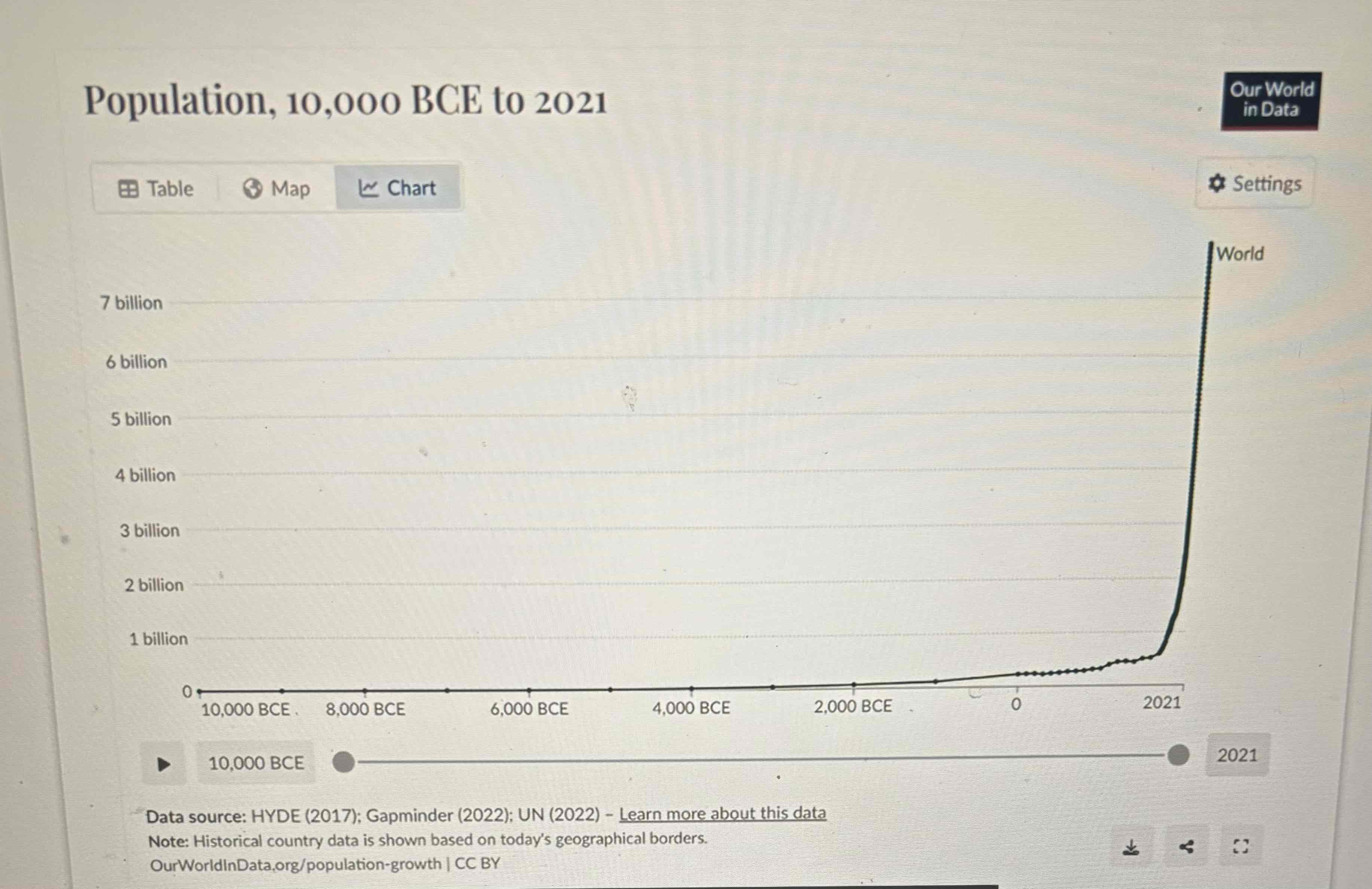
Neo-malthusians
People who believe that Malthus’s theories are often looked at as being wrong and overly pessimistic, but it is still the case that we live in a resource constrained world and things such as climate change and all the other impacts that having 8 billion people with very high standards of living impose on our world that these are things that should not be ignored. Perhaps the equilibrium was not reached when he predicted but the rate the world is going is currently on an unsustainable trajectory and some curbing of human consumption must be necessary in order to maintain stability within the constraints that exist